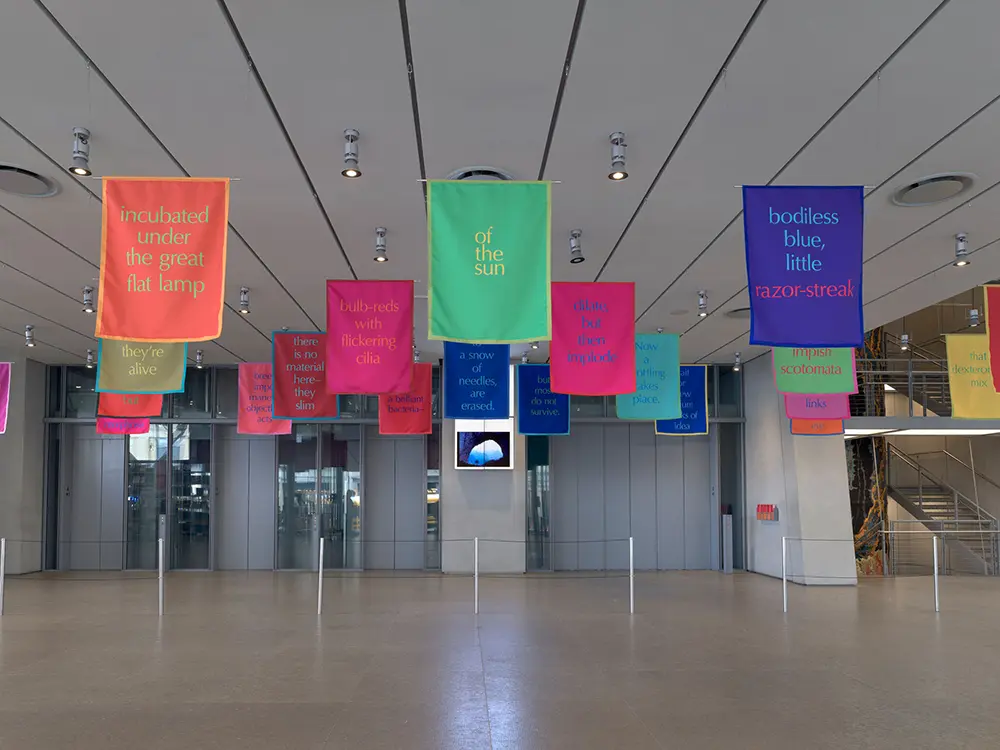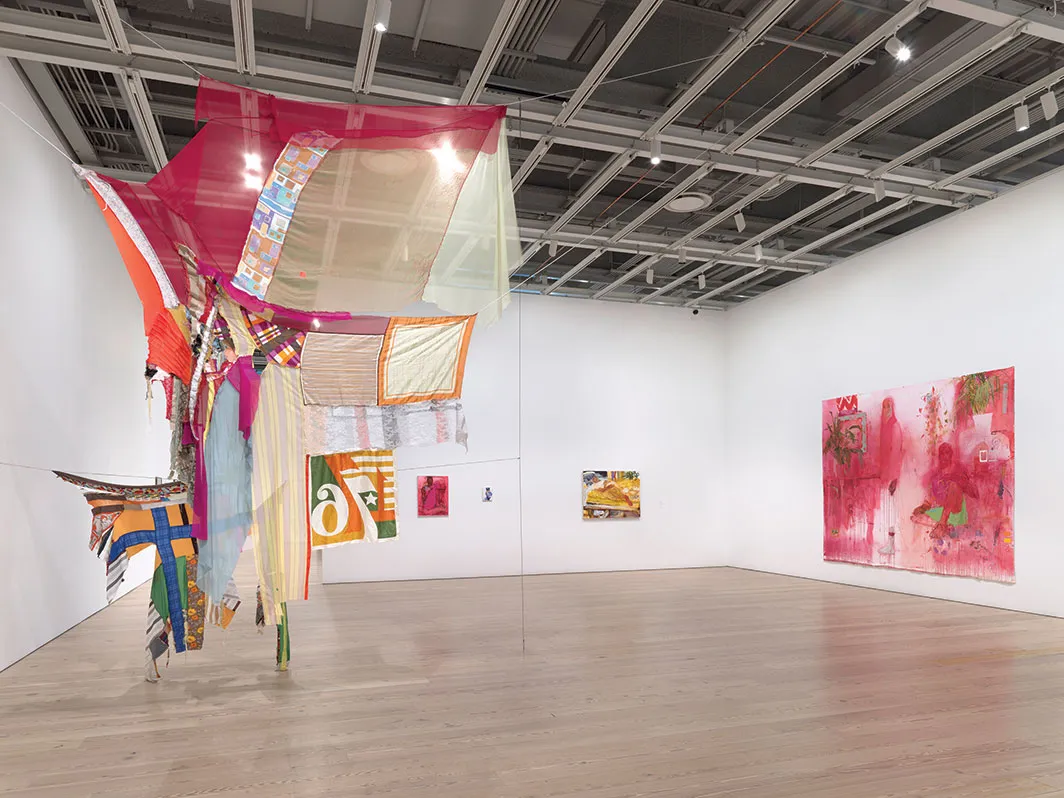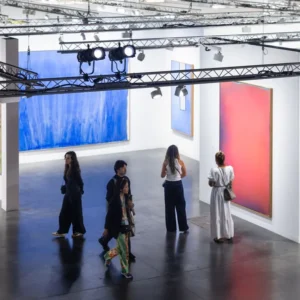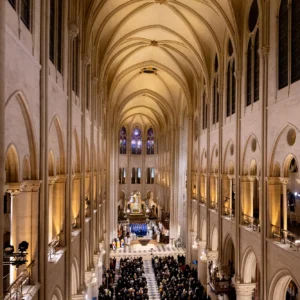The Whitney has revealed the lineup for its 81st biennial, Even Better Than the Real Thing. Featuring 71 artists and collectives, the exhibition scrutinizes the concepts of reality in the age of artificial intelligence and the fluidity of identity.
In a deliberate departure from traditional formats, the curators, Chrissie Iles and Meg Onli, describe this edition as a “dissonant chorus,” reflecting the challenges and complexities of our moment. Beyond a mere survey of American art, the Biennial delves into the heart of America itself, capturing the raw and vulnerable essence of turbulent times.
The theme of the Biennial revolves around the concept of “the real,” reflecting society’s current inflection point influenced by challenges posed by artificial intelligence and ongoing discussions about identity.
The curated works, spanning various mediums such as performance and film, delve into themes like the fluidity of identity, historical and contemporary land stewardship, and embodiment, addressing urgent issues and inspiring the curators with the creativity of the artists. Notable contributions from artists like Holly Herndon and Mat Dryhurst illuminate the evolving intersection between technology and our perceptions.

The exhibition encompasses a range of emerging talents like Gbenga Komolafe and Tee Park, as well as established artists like Mary Lovelace O’Neal and Pippa Garner. The showcase will also include posthumous displays for Jamaican-born painter Mavis Pusey and filmmaker Edward Owens.
The film and performance programs, curated by notable artists like Korakrit Arunanondchai and Taja Cheek (L’Rain), further enrich the exhibition, providing dynamic dimensions to the overall experience. The artists participating in these programs offer unique insights into the thematic threads explored throughout the Biennial.
The Whitney Biennial, a historically controversial exhibition, has faced criticism on multiple occasions. In 2014, the Yams Collective withdrew from the Biennial due to the inclusion of Joe Scanlon’s “Donelle Woolford” project, where Scanlon impersonated a Black woman.
The 2017 Biennial sparked controversy with Dana Schutz’s “Open Casket,” an interpretation of Emmett Till’s brutalized body. The 2019 Biennial saw artists protesting against the museum’s then-vice chairman, Warren Kanders, linked to weapons manufacturing companies associated with instances of global police violence.





